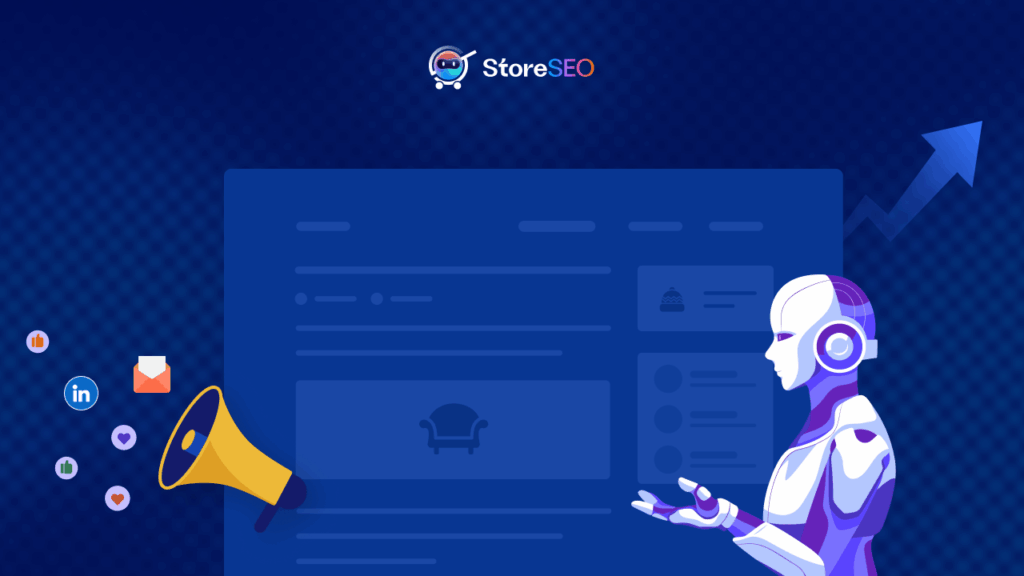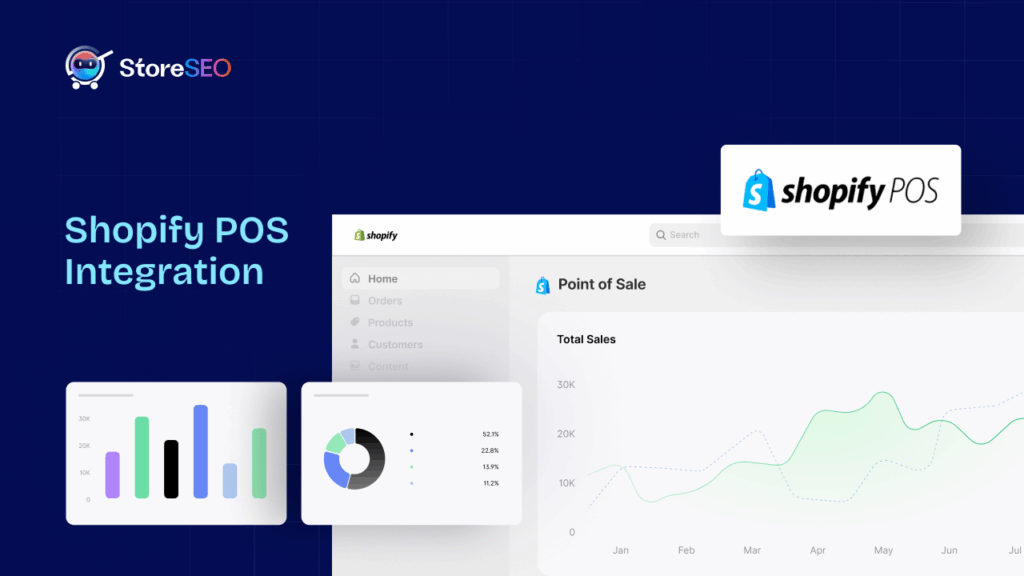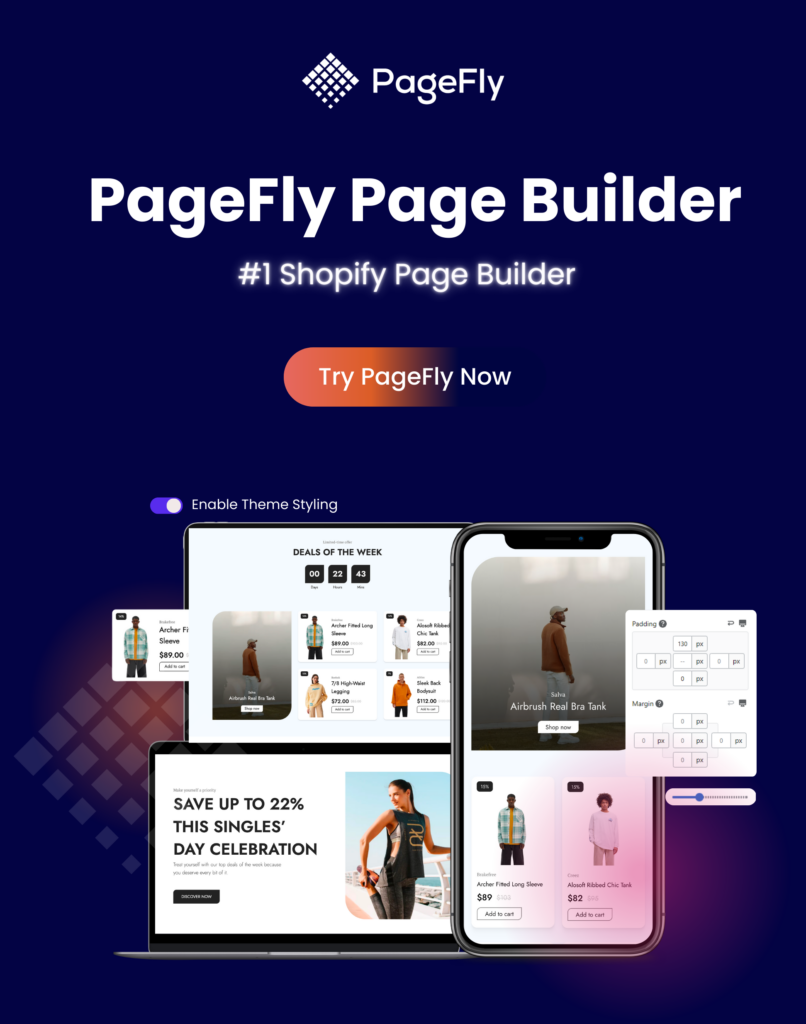Are you tempted to hand over your entire SEO strategy to AI? In this rapidly shifting AI era, you are not alone. As artificial intelligence tools promise faster results and streamlined workflows, it is easy to see why so many businesses are jumping on automation. But here is the catch: relying solely on AI for SEO can backfire hard. Before you let the AI SEO tools take the wheel, discover the risks that could derail your digital growth and learn how to strike the right balance for lasting SEO success.

How AI Fits into SEO
AI is an amazing solution for SEO tasks. Since it has a lot of repetitive tasks all the way. It crunches data to identify keywords, generates content drafts, and monitors your site’s performance. For example, SEMrush helps spot winning keywords, while Copy.ai whips up blog posts in minutes. These tools save time and cash, which is why businesses jump on board. However, the risks of relying solely on AI for SEO pop up when you let it take full control. Leaning too hard on AI can lead to mistakes that hurt your rankings.
The Risks of Relying Solely on AI for SEO
The risks of relying solely on AI for SEO risks producing generic, low-quality, or inaccurate content that can harm your rankings and brand reputation. AI often misses human creativity, context, and nuance, making your site vulnerable to search engine penalties and failing to effectively engage or build trust with your audience. Let us explore onward with insights.
Content That Lacks Spark
AI can churn out words fast, but the content often feels dull. It misses the human touch that makes readers care. The risks of relying solely on AI for SEO include boring, cookie-cutter text that does not grab your audience. For instance, AI might use phrases that do not fit your culture or audience, making your brand seem off. Most of the expert marketers find AI content too generic. To dodge this, use AI for rough drafts, then let humans add life and flair.
Search Engine Trouble
AI sometimes packs content with too many keywords to trick search engines. This backfires big time. Google’s algorithms, like Panda, slap penalties on spammy content. The risks of relying solely on AI for SEO include getting your site demoted or banned for over-stuffed keywords. Picture AI writing a blog that repeats “best pizza place” until it sounds fake. Check AI content to keep it natural and user friendly to avoid this mess.
Missing Search Engine Updates
Google tweaks its rules often, focusing on things like expertise and trust, called E E A T. AI tools might stick to old tricks, missing these shifts. The risks of relying solely on AI for SEO include tanking rankings when AI follows outdated strategies. Stay on top of SEO news and adjust AI work to match the latest rules.
Legal and Trust Issues
AI can sometimes use unreliable sources or copy text without realizing it, which can lead to plagiarism or the spreading of false information. This is a big issue for SEO because it can get your website penalized by search engines or even lead to lawsuits if you accidentally use someone else’s content. For example, one company faced a copyright claim when its AI reused a competitor’s text. Sharing wrong facts can also damage your brand’s reputation. To avoid this, use tools like Copyscape to check for copied content and always verify the facts yourself.
Losing Your Brand’s Style
Your brand has a unique vibe, maybe fun or serious. AI often misses this, creating content that feels wrong. The risks of relying solely on AI for SEO include confusing your audience with off brand messaging. For example, a trendy brand might get stiff, formal posts from AI, pushing fans away. A 2025 survey found 68 percent of customers value a clear brand voice. Feed AI your brand guidelines and review its work to keep your style intact.
Forgetting SEO Skills
Letting AI do all the work can make your team forget how to do SEO. If the tool breaks or gets too pricey, you are stuck. The risks of relying solely on AI for SEO include losing the know how to fix problems yourself. A small business saw its rankings drop after ditching an AI tool and not knowing how to recover. Train your team in SEO basics and treat AI as a sidekick, not the star.
Skipping What Users Need
AI loves technical stuff like keywords but often ignores what people actually want. Content that does not help users leads to quick exits, which Google notices. The risks of relying solely on AI for SEO include poor user experience that hurts rankings. For instance, AI might write a keyword-heavy post that does not answer a reader’s question. Use tools like Google Search Console to understand user searches and make content that solves their problems.
Lack of Strategic Oversight
AI tools excel at automating tasks like keyword research or technical audits, but they often lack the human judgment needed to align SEO strategies with broader business goals or adapt to nuanced market trends. Over-reliance can lead to generic, cookie-cutter strategies that fail to differentiate a brand or address specific audience needs.
Inaccurate Data Interpretation
AI tools depend on the data they’re fed, and inaccuracies or outdated data can lead to flawed recommendations. For instance, tools might misinterpret search intent or prioritize irrelevant keywords, resulting in wasted resources or missed opportunities.
Algorithm Misalignment
Search engine algorithms, like Google’s, evolve constantly and incorporate complex signals (e.g., user behavior etc). AI tools may lag behind these updates or fail to account for qualitative factors like user experience, leading to strategies that don’t align with current ranking criteria.
Technical SEO Gaps
While AI can identify technical issues (e.g., broken links, slow page speeds), it may struggle to prioritize fixes based on impact or implement complex solutions requiring custom coding or server-side adjustments. Human expertise is often needed to navigate these intricacies.
Dependency on Tool Ecosystems
Relying on a single AI tool or platform can lock businesses into specific workflows, limiting flexibility. If the tool’s algorithms or data sources become outdated or biased, it can hinder adaptability to new SEO trends or platforms.
Neglecting User Experience
AI often focuses on measurable metrics (e.g., click-through rates) but may overlook qualitative aspects like intuitive navigation or emotional resonance, which are critical for user retention and conversions. Posts on X highlight that over-optimized, AI-driven sites can feel “soulless,” driving users away.
Risks of Relying Solely on AI SEO: At a Glance
| Risk Area | AI-Only SEO Impact | Human Input Benefit |
| Creativity & Originality | Generic, repetitive content | Unique insights, brand storytelling |
| Accuracy | Risk of factual errors, “hallucinations” | Fact-checking, source verification |
| Optymalizacja SEO | Over-optimization, missed nuances | Strategic, context-aware optimization |
| Brand Voice | Robotic, inconsistent tone | Consistent, engaging brand identity |
| Data Bias | Potential for algorithmic bias | Ethical oversight, bias correction |
| Adaptability | Slow to adapt to new trends | Agile, innovative responses |
| Search Engine Penalties | Higher risk of penalties | Lower risk with quality content |
Best Practices to Balance: Integrating AI with Human Expertise
AI tools can make SEO faster and easier, but the risks of relying solely on AI for SEO are real, from boring content to search engine penalties. The secret to great SEO is using AI as a helper, not the boss. Let us dive into how to make AI and humans work together for awesome SEO results.
Use AI as a Supplement, Not a Substitute
AI is fantastic for handling repetitive tasks, but it cannot replace human creativity and strategy. To avoid the risks of relying solely on AI for SEO, treat AI like a trusty sidekick. For example, tools like SEMrush can analyze keywords and suggest ones to target, saving hours of work. Meanwhile, humans can decide which keywords fit the brand’s goals and audience. AI platforms like Jasper can draft blog posts quickly, but human writers should add personality and stories that connect with readers. Let AI do the heavy lifting, and let humans shape the big picture.
Another way to balance AI is to use it for insights, not answers. Tools like SurferSEO can spot gaps in your content compared to competitors, but humans should decide how to fill those gaps with unique ideas. This approach cuts down on the risks of relying solely on AI for SEO, like generic content or missing what users want. For instance, AI might suggest a keyword like “best running shoes,” but a human can craft a blog that tells a runner’s story to make it stand out. By using AI to support human ideas, you get efficiency without losing heart.
Ensure Quality Control and Originality
Quality control is key to dodging the risks of relying solely on AI for SEO, such as plagiarism or low value content. AI can sometimes pull from questionable sources or repeat text without knowing it, which can lead to penalties from search engines like Google. To keep things original, always run AI generated content through tools. If AI writes a blog post, have a human editor review it for accuracy and tone.
Originality also means making content that feels fresh. AI might churn out text that sounds like every other site, which bores readers and hurts rankings. To avoid this risk of relying solely on AI for SEO, have your team add unique insights or stories. For instance, if AI writes a guide on “how to bake a cake,” a human can add tips from a local baker to make it special. A 2025 survey showed 72 percent of readers prefer content with personal touches over AI generated text.
Keep Up with Ongoing Human Oversight
SEO is not a set it and forget it game. The risks of relying solely on AI for SEO include falling behind when search engines change their rules or users shift their habits. Human oversight keeps your strategy sharp. Assign team members to review AI outputs regularly, ensuring they match your brand’s voice and goals. For example, if your brand is fun and casual, make sure AI content does not sound stiff.
Ongoing oversight also means that if AI-generated pages have high bounce rates, humans can step in to make them more engaging. For instance, if users leave a blog quickly, rewrite it to answer their questions better. This hands-on approach helps you avoid the risks of relying solely on AI for SEO, like ignoring what your audience needs.
Monitor and Adapt to Changes
Set up a system to audit your SEO strategy every few months. Check if your content still ranks well and meets user needs. Tools like Google Search Console can show what people search for, helping you tweak AI suggestions. For instance, if AI targets a keyword that is losing steam, humans can pivot to a trending one. A company in 2024 boosted traffic by 25 percent by updating AI driven content to match new user searches. Regular audits keep your SEO fresh and cut down on the risks of relying solely on AI for SEO.
Putting It All Together
To make AI and humans work together, start with a clear plan. Use AI for tasks like keyword research or drafting content, but always have humans review and refine. Set up quality checks to catch errors and keep content original. Assign team members to monitor performance and stay updated on search engine changes. This balance avoids the risks of relying solely on AI for SEO, like penalties, bland content, or falling behind trends. Instead, you get a strategy that is efficient, creative, and built to last.
Try this approach: let AI suggest keywords, then have your team write a blog that tells a story your audience loves. Check it for quality, make sure it fits your brand, and track how it performs. Update it as needed to keep up with Google and your users. This way, you use AI’s speed and human creativity to win at SEO.
The Future of AI in SEO
AI keeps improving, with sharper tools for understanding language and trends. However, search engines are getting tougher on AI spam. Google’s 2025 updates may demand more human made content. To avoid the risks of relying solely on AI for SEO, keep learning about AI and search engine changes. Focus on content that helps real people, not just algorithms.
Keep A Balance of AI and Human Touch For SEO Wins
The risks of relying solely on AI for SEO are serious: boring content, search engine penalties, legal trouble, brand confusion, losing skills, and ignoring what users want. You can dodge these by using AI for data and drafts while letting humans handle strategy and creativity. This balance leads to SEO that works for the long haul.
Jeśli potrzebujesz pomocy w zakresie StoreSEO, skontaktuj się z nami Skontaktuj się z naszym zespołem wsparcia. A po więcej ekscytujących aktualności i wiadomości, zapisz się na nasze blogi. Powodzenia!








